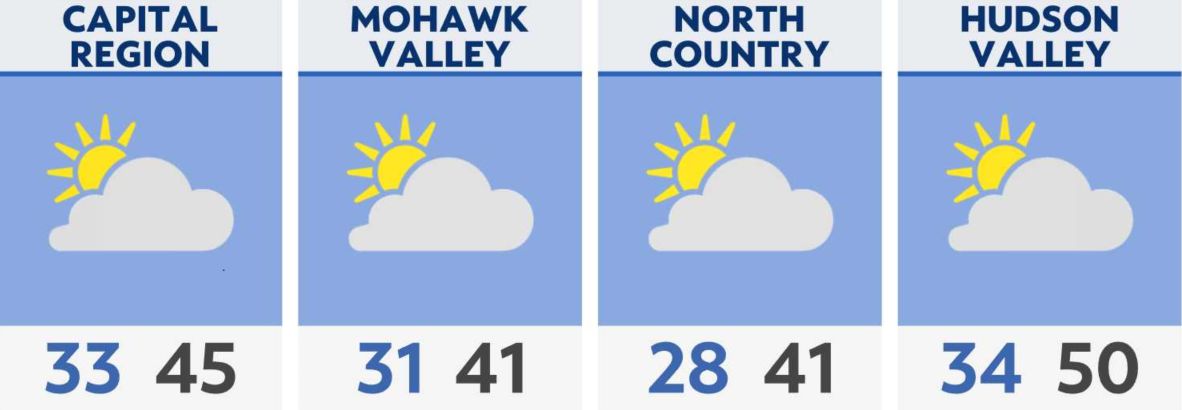Nearly 70 years after his death, the family of a fallen Dutchess County soldier is working to secure a Medal of Honor — the United States government's highest military recognition — for his heroism.
Juanita Mendez was a child when her older brother, Charlie Johnson, enlisted in the military and left for combat in the Korean War.
"I know for me, I just had this feeling that I wanted — we called him Buddy — wanted him to come home," Mendez said. "They said that he would be coming soon, and I remember jumping up and down and being a typical 7-year-old and saying, 'Buddy's coming home.'"
But her brother never did.
Private First Class Johnson was killed in action on June 12, 1953, while defending his fellow soldiers from an enemy attack in Korea.
Mendez said she’ll never forget the day her family received the news.
"I was going to school and I saw these men that I had never seen at our door before," she recalled. "So I said, 'my mother's getting ready for work, but I’ll get her.' And she was upstairs and when she started down the stairs, she knew that something serious had happened."
Johnson posthumously received a Purple Heart, but the full story of his bravery has come to light.
Frank Pepe, former superintendent of the Arlington Central School District, helped bring Johnson’s story to the surface. Since Johnson was a graduate of Arlington High School, his family asked Pepe if the district could honor him in some way.
"They asked me if a photograph of Charlie could be installed here in the high school, and once we took a tour, and I heard the full and complete story from his siblings, I declined their request, because I knew that this needed to be something bigger," Pepe said.
In 2010, Johnson Hall was named in his honor. Inside, a wall of remembrance is dedicated to all Arlington High School students killed while in military action. In addition to showing a photograph of Johnson, a statue was erected in honor of his battlefield bravery.

Johnson's story goes far beyond the battlefield. His actions were the finest example of sacrifice.
According to testimony from his fellow soldiers, Johnson died protecting them during a fierce battle in which he, despite sustaining injuries, jumped into action and saved the lives of at least eight men.
One of them, Don Dingee, also a graduate of the same school, commissioned the statue in Johnson's honor. It depicts Dingee being bandaged up and belted together so Johnson could pull him to safety.
Arlington High School officials say they use Johnson's story as an emblem of the character and values they want students to possess, including loyalty, brotherhood, selflessness and compassion. There's a yearly scholarship awarded to students in his honor.
Johnson’s family was presented with a Silver Star by the U.S. Army at the statue's unveiling event, but some wondered why he hadn’t received a Medal of Honor at the time of his death.
According to U.S. Rep. Antonio Delgado, some of Johnson’s fellow soldiers say he was overlooked because of his race.
"He did not get the recognition he was owed as a soldier who saved lives and defended this country with extreme honor and valor," Delgado said.
That’s why the congressman secured a commitment from U.S. Secretary of Defense Lloyd Austin to recommend Johnson for the Medal of Honor.
He also introduced a bill passed last December by both the House of Representatives and Senate to make Johnson eligible, as service members are only eligible up to five years after their act of valor.
President Biden signed the waiver of eligibility, but now it’s up to him to decide whether Johnson will ultimately receive the medal.
His family remains hopeful.
"He died saving the lives of several men, many men, and that was the way he had lived," Mendez said. "He was kind, he was good, he was unbelievable, and I'm grateful for that."






